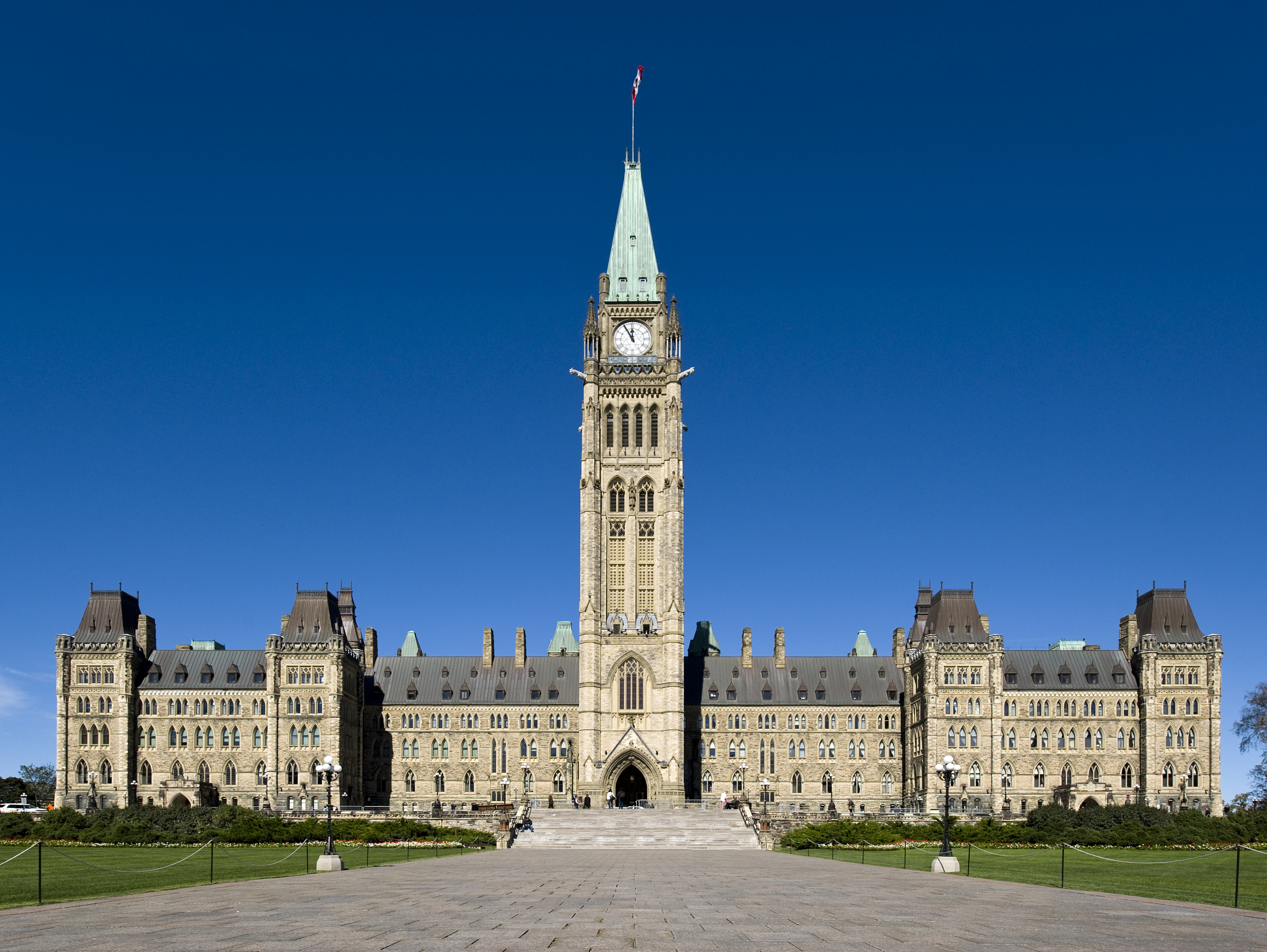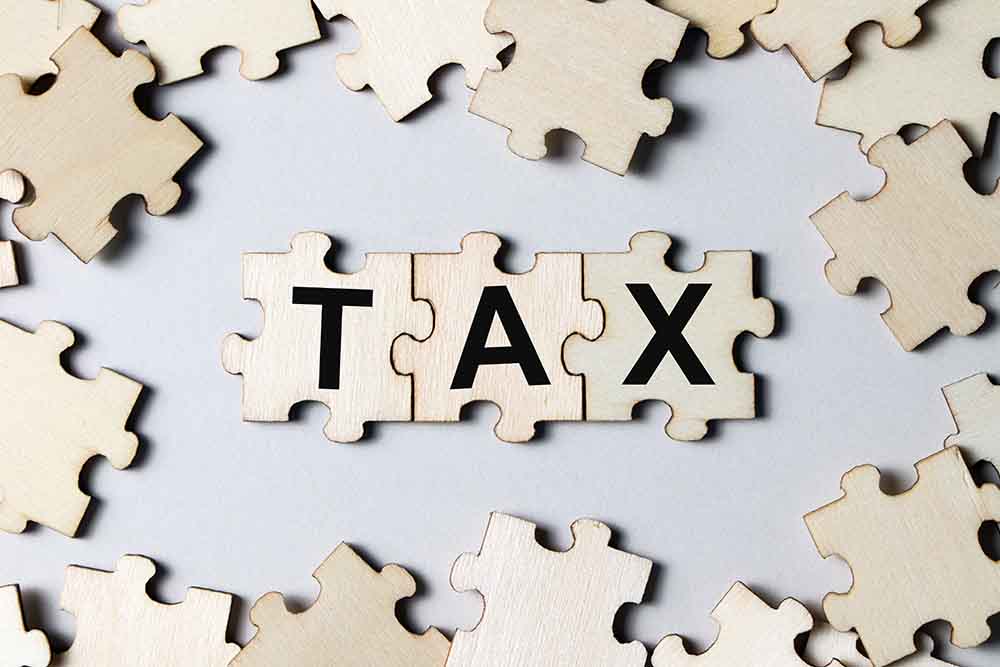The Canada West Foundation (CWF) has canvassed 25 leading economists from the four westernmost provinces and created a report called Taking Action on the Economy, a compendium of thoughts on the right way for the federal government to design an economic stimulus package for the leading edge of a recession. Several common themes emerge in the report, whose contributors run the gamut from think-tankers to statisticians to labour-market and regional specialists.
Most everyone the CWF talked to recommends a first-do-no-harm approach and warns strongly against a return to permanent, “structural” deficits. All agree that the Bank of Canada, not the treasury, is our most important countercyclical instrument. Hardly any of them are big fans of pouring good money after struggling industries, and a few note that sinking commodity prices are going to hit the West hardest, but they know better than to kick against the inevitable auto industry bailout (as long as it’s harmonized with American action to protect our interests) and recognize that, in many respects, the Detroit-based car manufacturers are a “special case”.
What else did they find broad agreement on? See if you can spot the common element in these quotations from the comments by individual economists:
“The Chamber believes personal tax relief should be a major component of any economic stimulus package, thus placing more dollars in citizens’ wallets to save, spend and invest, providing a much needed boost to the economy.” Geoffrey Pradella, Calgary Chamber of Commerce
“Generally speaking, reductions to income taxes are preferable to cuts to consumption taxes. However, in this specific case, what the economy requires is immediate, maximum-impact stimulation. That would be offered by suspending the GST [for six months].” Todd Hirsch, University of Calgary
“To stimulate demand immediately and to encourage the economy to adjust to difficult market realities, the federal government should lower the taxes that suppress growth. The federal government should lower corporate taxes across the board and eliminate the capital gains tax.” Peter Holle, Frontier Centre for Public Policy
“The quickest, easiest and least distorting way for governments to put extra spending power into the Canadian economy is through across-the-board tax cuts.” Roslyn Kunin, CWF Senior Fellow
“Tax cuts would provide immediate stimulus while also improving long-run living standards. The federal government’s reduction in the corporate income tax rate, from 22% in 2007 to 15% by 2012, is a step in the right direction. On the personal income tax side, an increase in the personal exemption level or Working Income Tax Benefit would provide relief to low-to-middle income Canadians, who are more likely to spend their tax savings.” Edward Mansfield, PriceWaterhouseCoopers
“Tax expenditure is the best stimulus option for government since it places purchasing power in the hands of the consumer and business quickly.” Greg Mason, Prairie Research Associates
“On the tax front, one difficulty is that evidence suggests that people tend to save, rather than spend, temporary tax cuts. This can be partly addressed by focusing the cuts on those who need them most, and are more likely to spend them — lower income individuals. On the corporate tax front, the reduction in corporate income tax rates should be accelerated.” Ken McKenzie, University of Calgary
Tax cuts, tax cuts, tax cuts. Only a couple of the 25 economists reject tax cuts out of hand, on the grounds that they are unlikely to be spent quickly enough to be of any use in providing a short-term stimulus. The rest all have their particular favourites. Perhaps the only category of stimulus that has as much support from this sample of the economics profession is Employment Insurance reform and, as with tax cuts, the specific recommendations vary widely, but in general everyone thinks that payouts should be matched much more closely with the paycheque takeoff, if possible in a way that would enhance rather than harm national productivity.
So why don’t we hear more about tax cuts in the media conversation over stimulus measures, or indeed almost anything at all when the politicians are talking about it? The Dion coalition almost brought the government down because of supposed concerns over economic credibility, yet its “policy accord” contains virtually nothing about taxes except for a delay in RRIF withdrawals for seniors. Viewed in light of the overall guiding principles for stimulating a struggling economy, federal tax relief beats targeted spending all to hell: It fits with long-term growth, productivity and competitiveness goals, it can be implemented fast, it’s inherently national in scope and it doesn’t require the government to pick winners or to build new programs and entitlements that will be hard to kill or shrink later.


